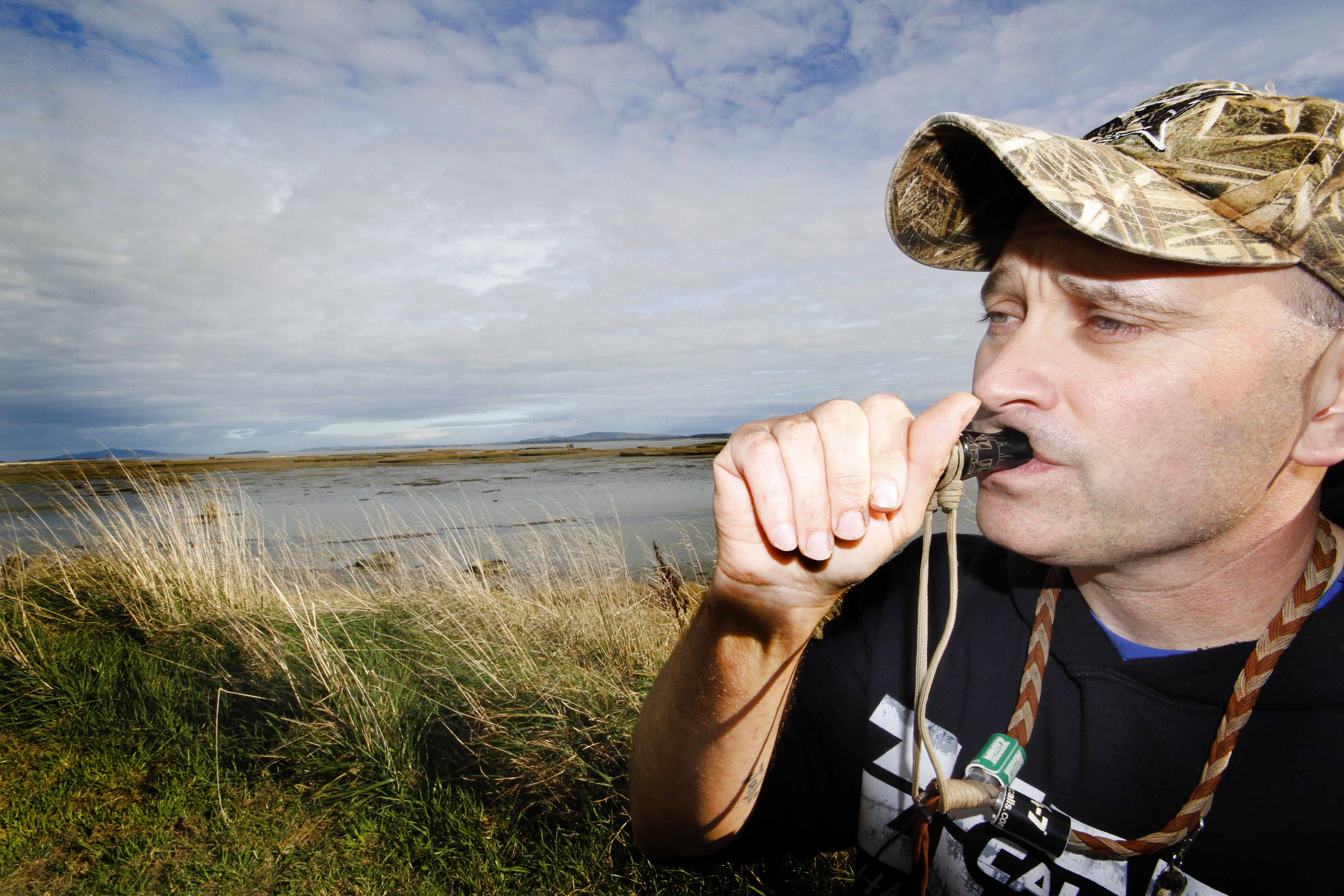
Invercargill resident Corey Carston learned the importance of duck-calling at a young age.
When he was 7 years old, he and his best friend spent their school holidays trying to call Daisy - his pet duck - from his window, but with not much success.
Then, when he started duck-shooting, years later, he discovered the different sounds and types of calls ducks make.
"Duck calling is pretty much crucial for duck-hunting. You have to react to the way the ducks react."
He said while people can learn techniques from YouTube, only practise makes perfect.
"Everyone has got their individual preferences. We have some people that do electronic, with a speaker. But duck-calling is like riding a bicycle for me. It is more about learning when and where - [rather] than how - to do it."
Mr Carston said he had distinct duck calls for different functions. His "go-to" was a double reed, but he also had one for geese and another single reed for longer calls.
"If they are ...a distance away, you should call as loud as possible. When it's [started] to come off, you can't call at all, because it can pick where you are. You can't call too much."
He also suggested when the ducks started an erratic wing beat, the duck-shooter should "hit them with a comeback call" immediately to bring them back on line.
"It is more sounding [forceful] and faster than a single one."
The duck season starts tomorrow.
Mr Corey said duck-shooters have a limit of animals per day.
"In Southland, in the opening season, you can hunt a limit of 15 ducks a day.
"After that, is 10 per day.
"I'm expecting, specially for drake mallards, [to] have a significant number in the region."











